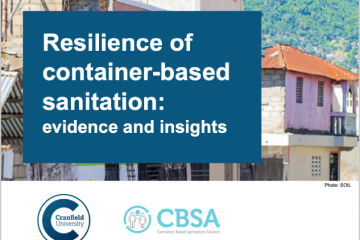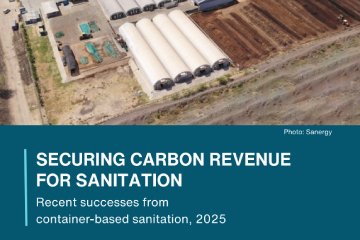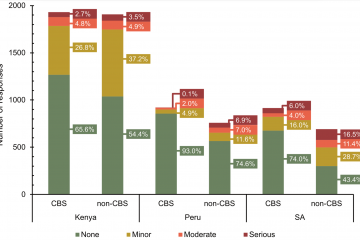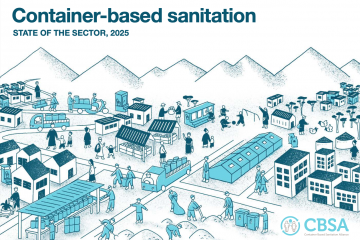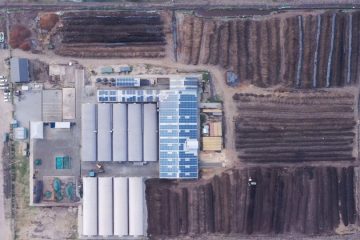New study reveals CBS resilience in action
When floods, storms, or protests hit a city, sanitation services are often among the first to be disrupted. New research from CBSA and Cranfield University combining interviews with CBS providers and comparative data shows how CBS can keep working even under pressure – thanks to smart design, close customer relations and flexible management.
